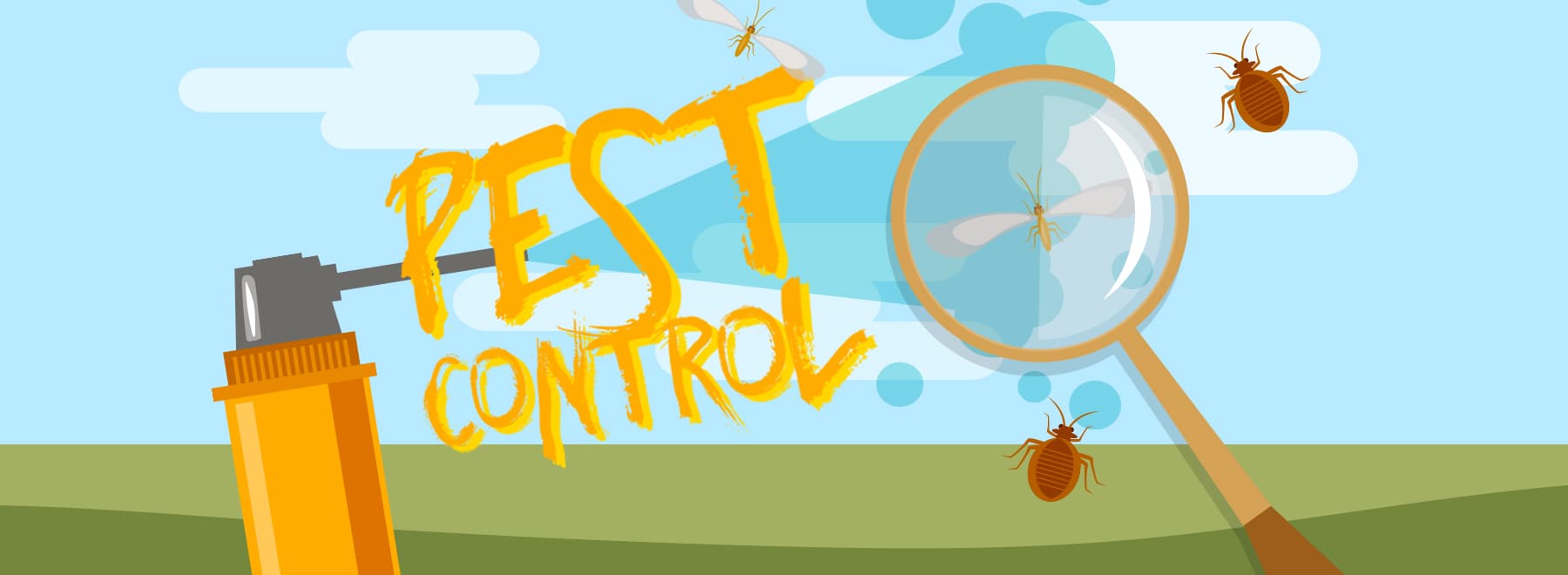UMMC experts: Steer clear of diseases, bites by avoiding ticks, mosquitoes
Published on Friday, June 1, 2018
By: Annie Oeth
Camping, hiking or just enjoying your backyard this summer can lead you to encounter some unwelcome visitors: Ticks, fleas and mosquitoes.
At the least, they’re pesky, but ticks, fleas and mosquitoes can also spread diseases through their bites. Experts at the University of Mississippi Medical Center and Children’s of Mississippi say simple steps can keep you pest-free and healthy this summer.

“We haven’t seen a lot of tick- and mosquito-related diseases yet,” said Dr. April Palmer, UMMC professor of pediatric infectious diseases, “but we know the potential is there.”
Nationally, according to the U.S. Centers for Disease Control and Prevention, disease cases from mosquito and tick bites have tripled from 2004 to 2016. During those years, more than 640,000 cases of diseases spread by these bites – such as Zika, West Nile virus, Rocky Mountain spotted fever and Lyme disease – were reported.
People in 48 of 50 states have had West Nile, but only about one in five will exhibit symptoms such as fever and flu-like symptoms.
Viruses that cause encephalitis and meningitis can be spread by mosquitoes. Ticks can also cause temporary paralysis – which goes away after the tick is removed – as well as allergic reactions to their bites in some people. Staph infections, which have the potential to be serious, can also be a danger.

“We do have Rocky Mountain spotted fever in Mississippi,” said Dr. Will Sorey, UMMC professor of pediatrics, “and we see, to a lesser extent, Lyme disease. Mosquitoes, though, can be the biggest threat here, because there are so many of them in Mississippi and so much water.
“A child will light up on a mosquito’s radar like nobody’s business.”
Sorey said a visit to a pediatrician or an emergency room is in order if some of these symptoms are seen:
- Weakness in the arms or legs,
- Difficulty breathing,
- A heartbeat that feels as if it is too hard or too fast,
- Severe headache and
- Rash appearing as little red dots.
“If a child is playing really well, and then isn’t, and then starts showing these symptoms, it’s important to seek care,” Sorey said. “Encephalitis, an infection of the brain spread by mosquitoes, can be severe, and Rocky Mountain spotted fever can be fatal.”
While these symptoms call for care, those bitten by mosquitoes or ticks shouldn’t panic.
“These diseases are fairly uncommon,” Palmer said. “Even in a bad year, we only see a few cases.”
Why run the risk of, at best, an itchy bite, or, at worst, an illness that might even require a hospital stay? Summer can be a lot more fun when ticks and mosquitoes are kept at bay.
Palmer said people should watch for ticks, which can be picked up during visits to wooded areas. She said gently removing the tick with tweezers is the way to go: The old wives’ tale of using heat from a match or a lit cigarette to remove a tick is dangerous as well as ineffective.
Getting rid of standing water will naturally limit mosquitos, and repellents also can keep families bite-free outdoors. Palmer said repellants containing Diethyl-meta-toluamide, or DEET, tend to be more effective, and some, such as oil of lemon eucalyptus varieties, are not suitable for young children.
“When in doubt, read the labels and follow the directions,” she said.
Since young children tend to put their fingers in their mouths, Palmer recommends caregivers put repellents on their own hands first and then apply them on children by rubbing the repellants on any exposed areas. Do not put repellents on children’s hands, she said.
Citronella-fueled Tiki torches and candles should be used with caution around little ones, as burns and ingesting fuel can both land children in the emergency room.
Palmer said a mosquito-repelling tip she got from Mississippi gardening expert Felder Rushing works: Use a fan to keep air moving on porches or decks.
“It helps keep mosquitoes away, and it keeps you cooler in the summer,” she said. “That’s a win-win.”



